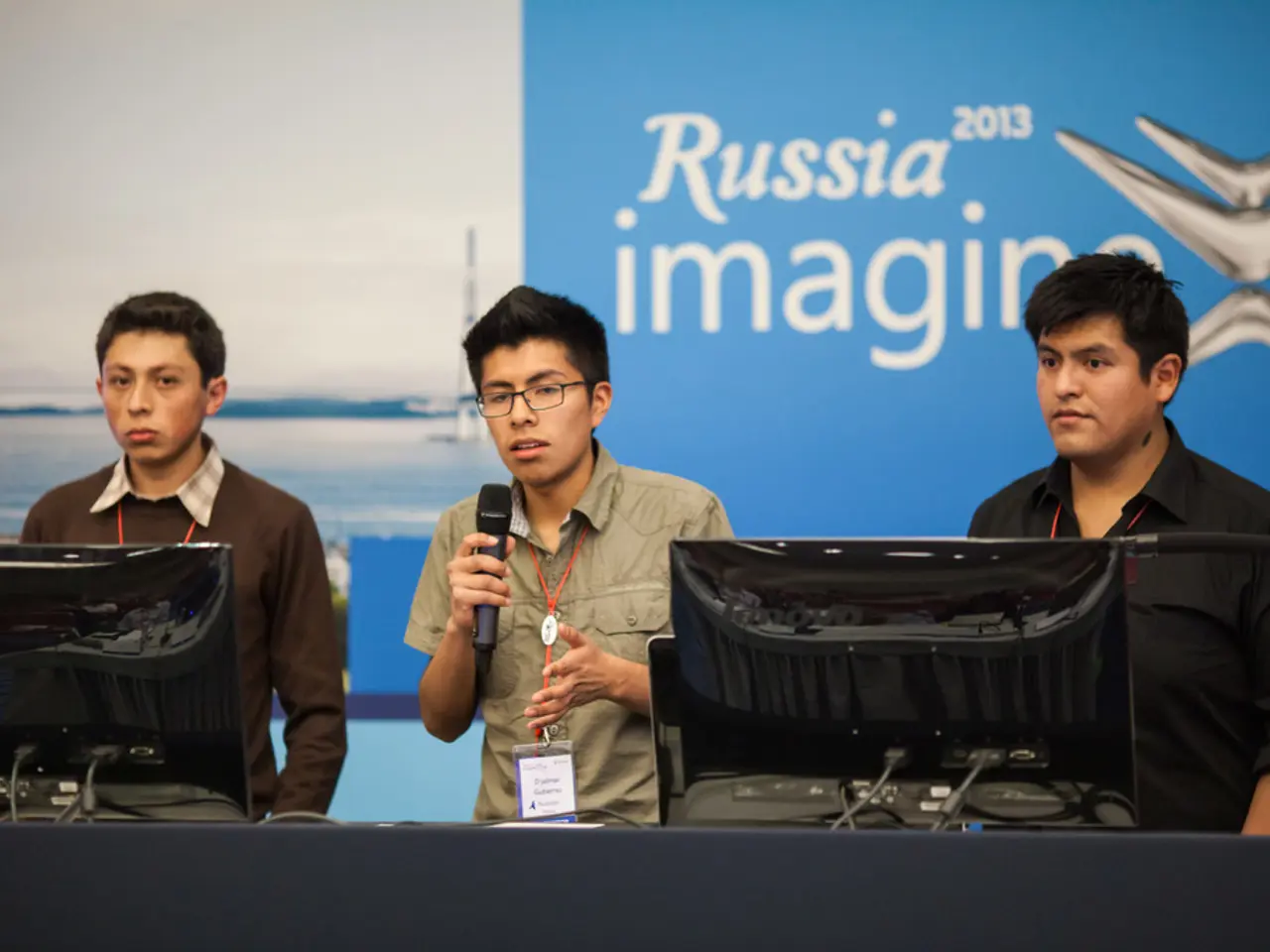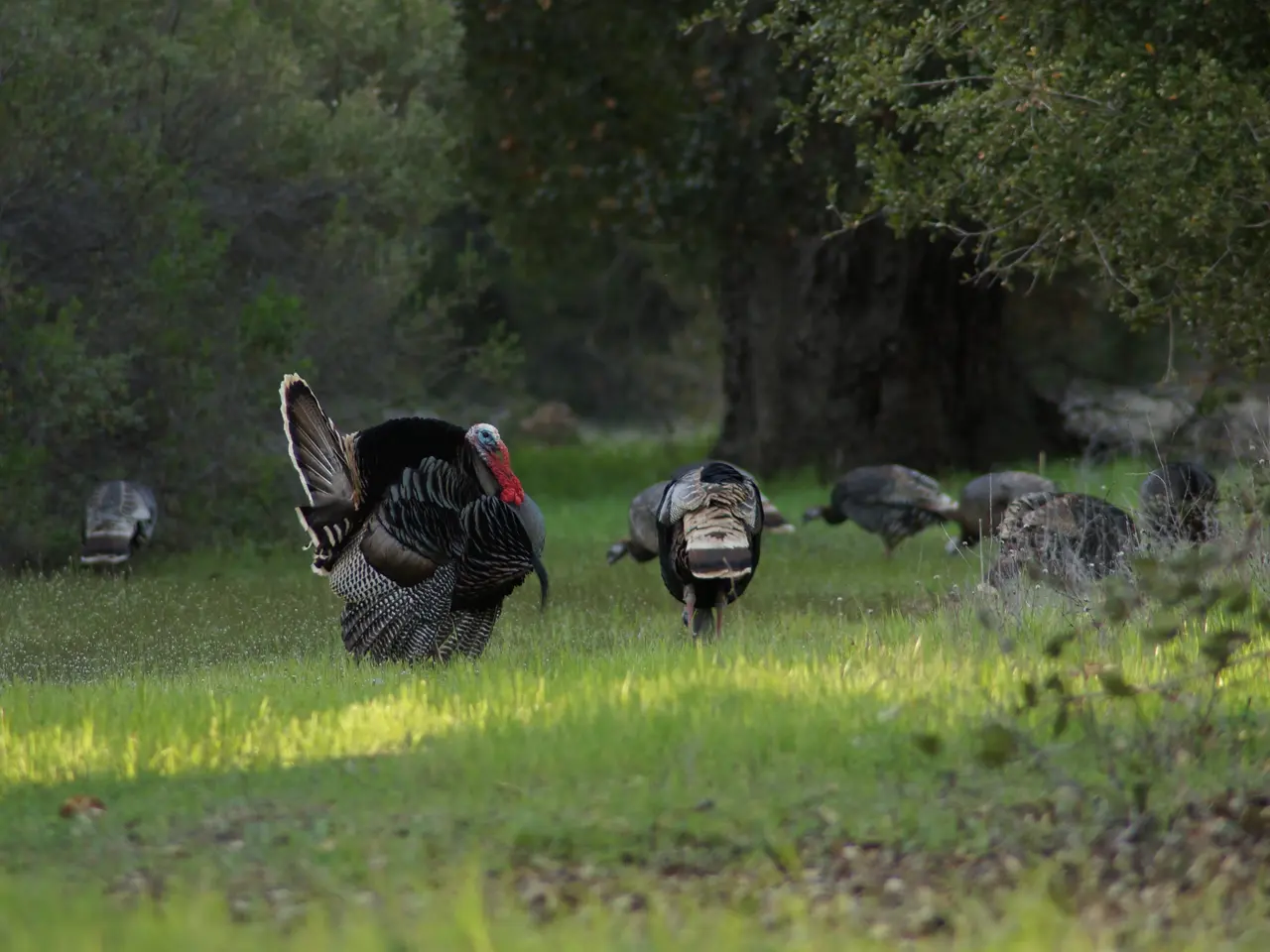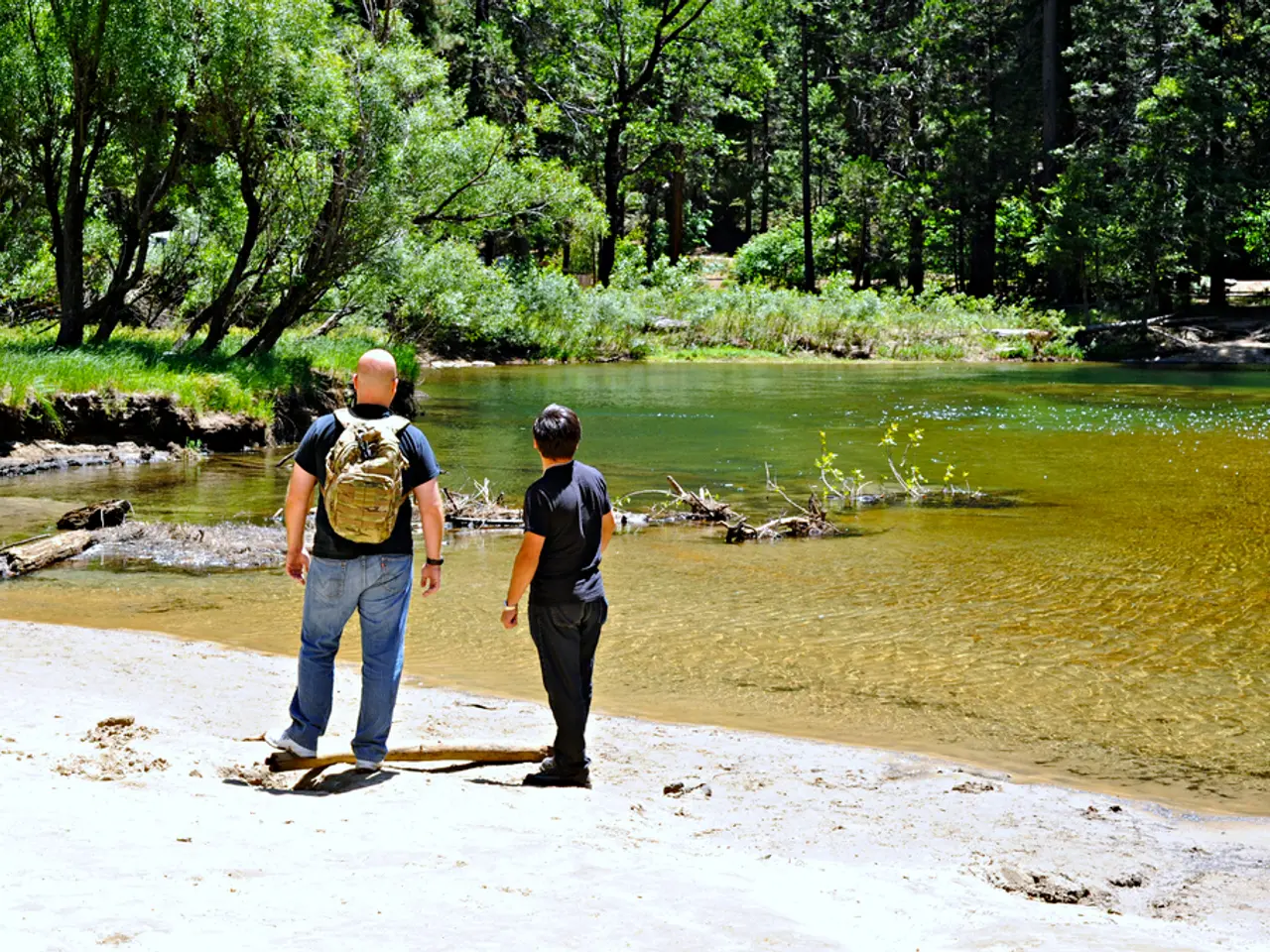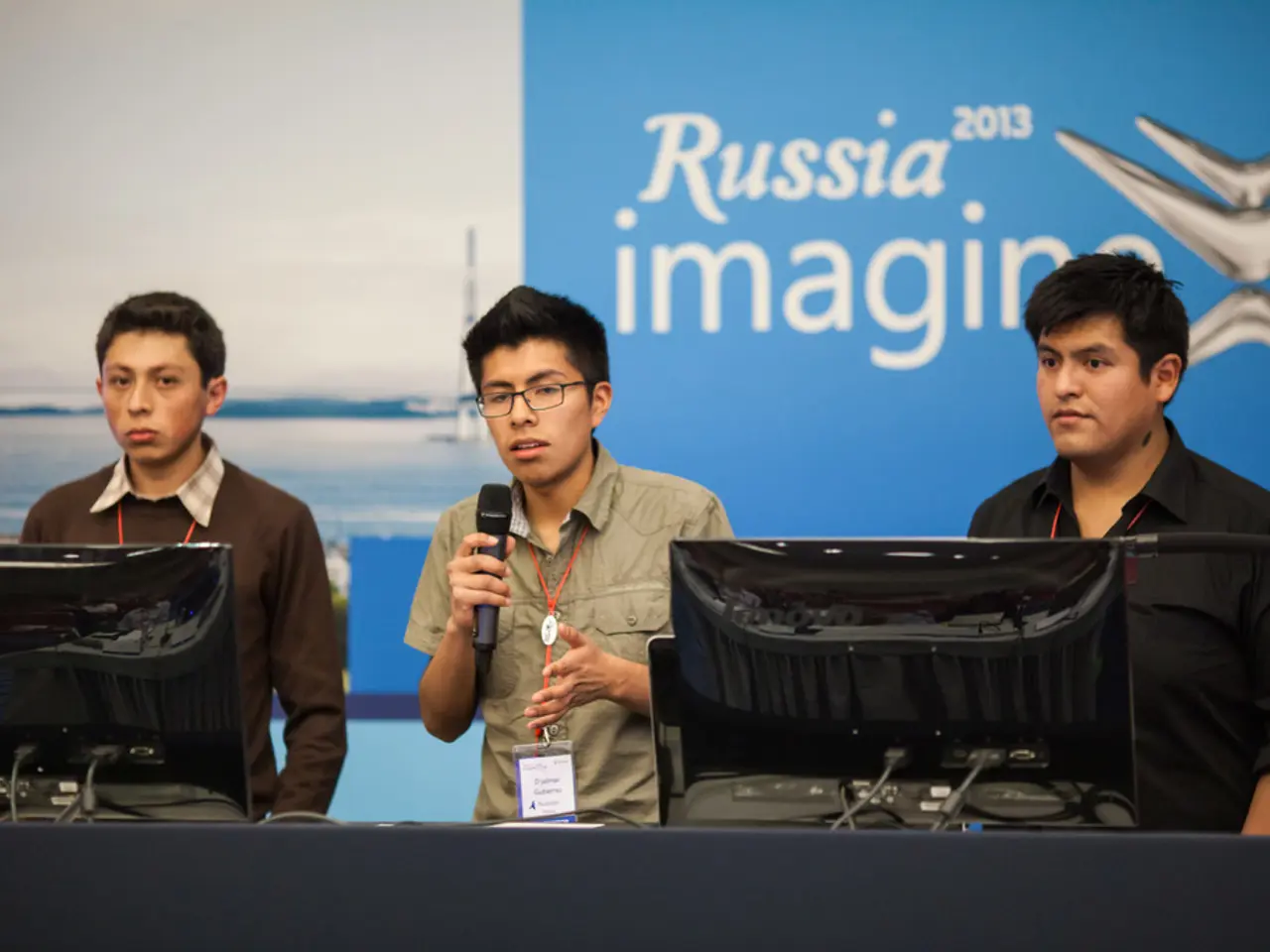Struggling Economy: A Looming Crisis for Russia
Minister of Russian Economy issues recession cautionary note
St. Petersburg - Russia's economic landscape is facing a stark reality, with top-tier officials sounding the alarm over potential issues in the Russian economy. "The numbers indicate a significant slowdown, and we're hovering dangerously close to tipping into a recession," Economic Minister Maxim Reshetnikov declared at the St. Petersburg International Economic Forum (SPIEF). He criticized the central bank's policy, citing the ongoing demotivation of businesses due to high-interest rates.
In his estimation, investments might fall below previous years' levels in the third and fourth quarters. The central bank recently reduced the key interest rate from 21 to 20 percent, but Reshetnikov argues that this slight adjustment does not provide enough relief for businesses grappling with crippling borrowing costs.
Cautious Defenses from Central Bank Chief Elvira Nabiullina
Central Bank Chief Elvira Nabiullina countered accusations of flawed monetary policy, yet she echoed Reshetnikov's concerns for the future of Russia's economy. Despite the country's economic growth over the past couple of years despite sanctions, Nabiullina urged the need for a new growth model due to exhausted resources. The National Wealth Fund and existing capital reserves of the banking system have provided temporary relief, but she warned they are now running dry.
Russia's long-standing conflict with Ukraine has fueled recent years' growth largely through massive rearmament and increased spending on military and security. With these resources nearly depleted, the Kremlin is left with challenging economic prospects.
The Perilous Path Ahead for Russia's Economy
The government's fiscal measures that once bolstered the economy through increased spending are nearing their limits. Inflation is soaring, with essential goods like potatoes shooting up 173% year-over-year, causing talks about price controls on staple items like borscht ingredients.
The ruble's relative strength (around 78-79 per dollar) is another complicating factor. Although a strong ruble typically signals economic strength, in Russia's context it is hurting exporters by reducing their foreign currency revenue and exacerbating the government's budget deficit. Economic experts propose a weaker ruble (over 100 per dollar) to stabilize the situation.
In summary, Russia's economy in mid-2025 is grappling with mounting challenges under the strain of war, sanctions, inflation, and financial austerity. The warnings from Reshetnikov and Nabiullina highlight the severity of the situation, but the deeper structural issues and depleted reserves suggest considerable economic difficulties ahead, with growth prospects uncertain and potentially negative in the near future.
- As the economic minister and the central bank chief both agree, the future of Russia's business sector is precarious, given the depleted National Wealth Fund and dwindling resources.
- In an attempt to alleviate the burden on businesses, Economic Minister Maxim Reshetnikov advocates for lower interest rates, arguing that the current high-interest rates hinder investments, affecting both the business and finance sectors.





